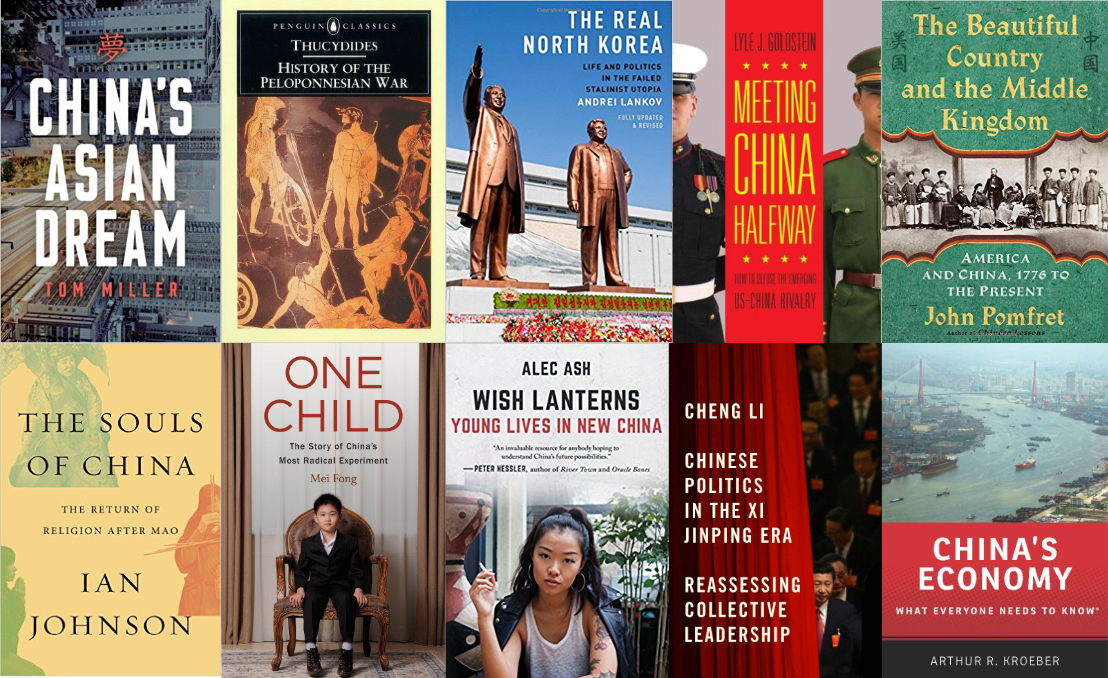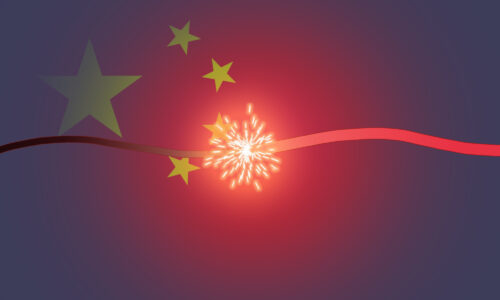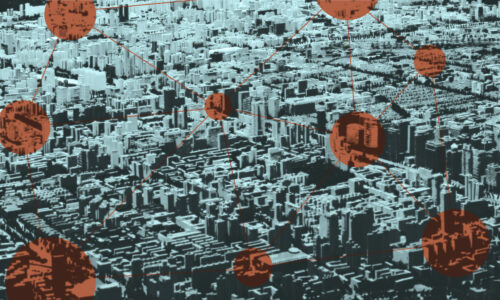The 2017 The China Project summer reading list
Ten books on China you shouldn’t miss to understand the country’s modern culture, politics, and economy.

For our first summer reading list, we recommend books on a few subject areas that an informed reader of news about China in 2017 should be aware of, rather than a ranking of recently published books. The authors of many of our selections have appeared as guests on the Sinica Podcast, so you can hear about the books directly from them.
Belt and Road
China’s Asian Dream: Empire Building Along the New Silk Road
- By Tom Miller
- Published in 2017
An essential resource to understanding the thinking behind the Belt and Road Initiative and how China, as Miller puts it, is “pursuing an increasingly ambitious foreign policy with the aim of restoring its historical status as the dominant power in Asia.” Miller is a guest on a recent Sinica Podcast episode, where he discusses his journey in writing this book in great detail.
The Thucydides Trap
History of the Peloponnesian War
- By Thucydides
- Published around 400 B.C.E.
In June, Politico published an article that said, “The Trump team is obsessing over Thucydides, the ancient historian who wrote a seminal tract on war” — referring to an account of the Peloponnesian War between the Greek states of Athens and Sparta. In Thucydides’s analysis, he states, “What made war inevitable was the growth of Athenian power and the fear that this caused in Sparta.” Harvard professor Graham Allison’s May 2017 book — Destined for War: Can America and China Escape Thucydides’s Trap? — sees the same dynamic in U.S.-China relations and posits that war could break out because of American fears of China’s rise, and this is what’s Trump’s team is talking about.
Allison’s book is worth reading, as is the withering takedown of its ideas by Arthur Waldron simply titled “There is no Thucydides Trap.” But our actual recommendation is to turn to the master himself — the Penguin translation of the History of the Peloponnesian War is linked above.
North Korea
The Real North Korea: Life and Politics in the Failed Stalinist Utopia
- By Andrei Lankov
- Published in 2015
North Korea is a constant feature of news about China, and a basic knowledge of the Hermit Kingdom is essential to understanding one of the most difficult political and foreign policy challenges facing China. Lankov is a Russian scholar of Korean studies who was first sent to Pyongyang in 1985 by the Soviet Union. His book, although dry in parts, is an excellent one-volume introduction to the Democratic People’s Republic of Korea, as North Korea prefers to be known.
South and East China Seas
Meeting China Halfway: How to Defuse the Emerging US-China Rivalry
- By Lyle Goldstein
- Published in 2015
“We’re going to war in the South China Sea in five to 10 years, aren’t we?” said Donald Trump’s adviser Steven Bannon in 2016. Aside from American fears of China militarizing islands or developing the power to obstruct global shipping, China has territorial disagreements with most of its neighbors, from Japan to Vietnam.
Goldstein is a professor at the U.S. Naval War College whose book sets out a plan for deescalating Sino-American tensions, and accessibly explains some of the more significant geopolitical tensions in East Asia and their connection to American policies. He has been a guest on the Sinica Podcast.
U.S.-China relations
The Beautiful Country and the Middle Kingdom: America and China, 1776 to the Present
- By John Pomfret
- Published in 2016
No other history of U.S.-China relations is as comprehensive, authoritative, or fascinating to read as veteran foreign correspondent John Pomfret’s book. Pomfret is a contributor to The China Project, and was interviewed about his book in a two-part Sinica Podcast episode (Part 1, Part 2).
Religion
The Souls of China: The Return of Religion After Mao
- By Ian Johnson
- Published in 2017
Andrew Batson, the director of China Research at the independent research firm Gavekal Dragonomics in Beijing, said, “I’m about halfway through Ian Johnson’s The Souls of China: The Return of Religion After Mao, but it’s already clear it’s the China book of the year. Not just because the subject matter is fascinating and undercovered, but also because it is packed with insights about all aspects of contemporary China.”
A veteran journalist and scholar of religion in China, Johnson has discussed China-Vatican relations on a previous Sinica Podcast, and on a later podcast episode also discussed this new book.
Demographics
One Child: The Story of China’s Most Radical Experiment
- By Mei Fong
- Published in 2016
The One-Child Policy was formally relinquished on January 1, 2016, ending nearly three decades of a highly controversial law that has completely reshaped China’s demographics by successfully limiting population growth, but created a host of other problems. Fong is a former Wall Street Journal correspondent and Pulitzer Prize winner. She has been a guest on the Sinica Podcast talking about her book.
The youth
Wish Lanterns: Young Lives in New China
- By Alec Ash
- Published in 2017
This book is a superb introduction to China in the early 21st century as lived by people born in the 1980s. Ash befriended six young people from a variety of backgrounds, including a patriotic daughter of a Party official, a would-be rock star, and an internet gaming addict, and tells their stories with sympathy and humor. He talked about his book on a Sinica Podcast.
Elite politics
Chinese Politics in the Xi Jinping Era: Reassessing Collective Leadership
- By Cheng Li
- Published in 2016
The China Project contributor John Pomfret says the book is “an essential resource for anyone seeking to understand Chinese politics today.” While far more of an ambitious read than many other selections here, Pomfret explains why it is worth the effort:
“This is a richly researched book on the politics of China. It is essential reading and also an essential resource for anyone doing business, dealing with, studying and thinking about China. It is clearly written, which is saying a lot for books by political scientists. While one could quibble with Cheng Li’s somewhat optimistic view of the reformist instincts of President Xi Jinping, the book nonetheless will stand as a foundational text on China’s politics for many years to come. Cheng Li sets up a fundamental contradiction between what he believes to be Xi’s reformist tendencies on the economy with his extremely conservative views on society and culture. How Xi is going to resolve that contradiction — less economic reform in order to maintain a tighter hold on society? — will in a large way determine China’s future. Bravo!”
The author was featured on a Sinica Podcast episode a couple of months before the book was published.
The economy
China’s Economy: What Everyone Needs to Know
- By Arthur R. Kroeber
- Published in 2016
Arthur Kroeber is the founding partner and head of research for Gavekal Dragonomics, an independent global economic research firm, and the editor-in-chief of its journal, China Economic Quarterly.
His book superbly explores China’s astonishing expansion during the “reform and opening up” period and the challenges the country now faces as growth slows. He provides a clear-eyed take on a huge range of subjects, from the internationalization of Chinese currency to local debt to the way China’s state-owned enterprises function (or don’t). The book is a refreshing antidote to much of the commentary in the media, where the conventional wisdom largely consists of doomsayers predicting China’s imminent collapse and Pollyannas who see the country as an unstoppable economic juggernaut.
Kroeber discussed his book on a Sinica Podcast.





